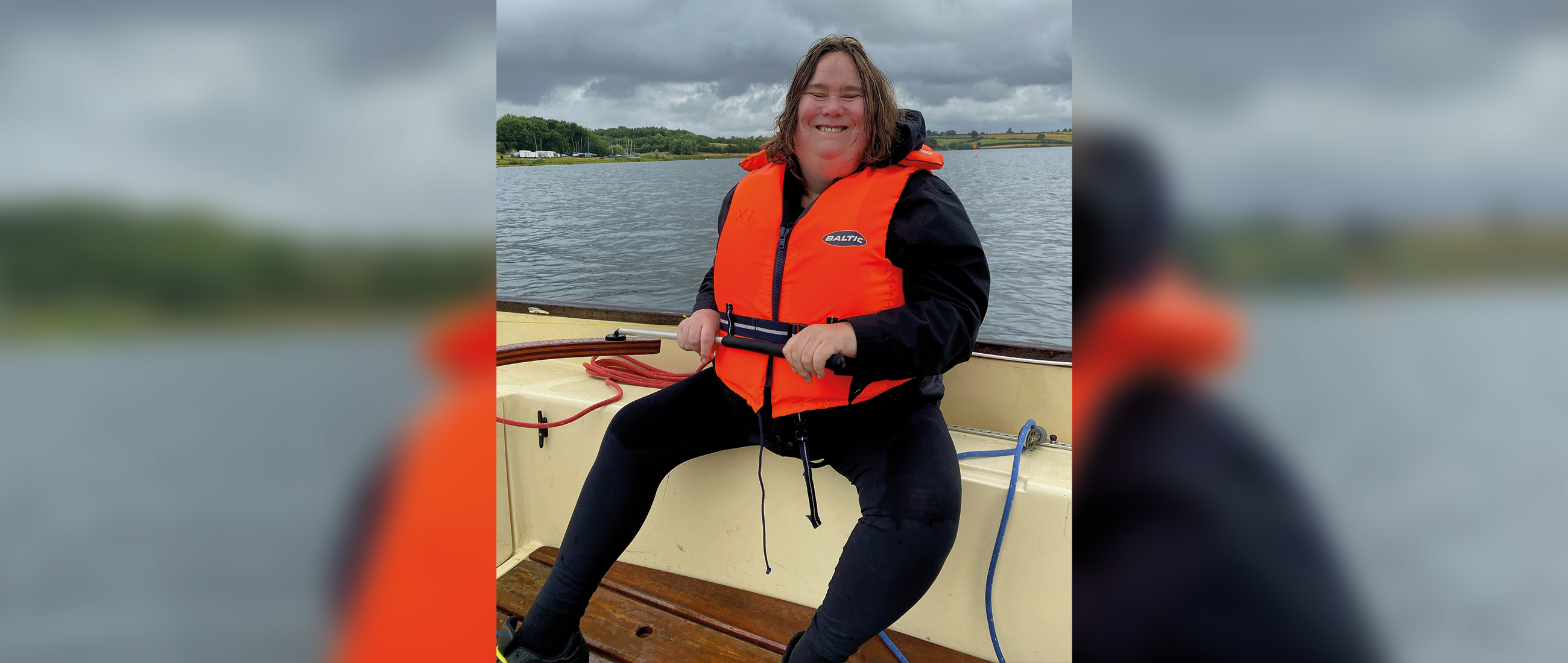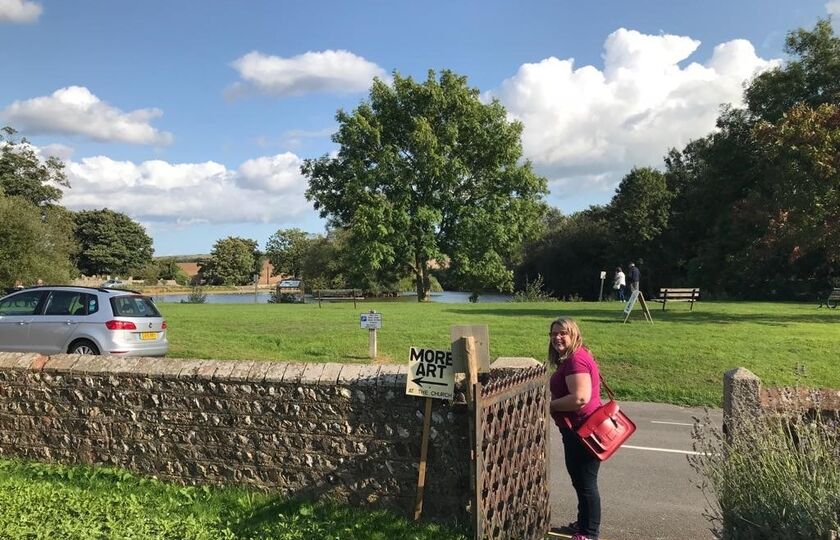Real life stories
Reflections on Covid-19

Janice Tillett works as an Expert by Experience for Choice Support on the contract we hold with the Care Quality Commission (CQC). She reflects on how accessibility has been impacted by the pandemic.
Experts by Experience are people who have experience of using or caring for someone who uses health and/or social care services. The role involves helping CQC hear the voices of people who use services during inspections, Mental Health Act visits and monitoring activity.
“I am deafblind, have joint problems and I’ve experienced mental ill health in the past, so I have a lot of experience to work with as a CQC Expert”, Janice says. “I’m blessed to have been able to work through the pandemic; it’s given me a positive focus”.
Janice has been working as an Expert by Experience since 2015. She never thought she’d be able to work remotely, but new technologies mean she now can. “Before Covid, the internet was only sometimes accessible. Now I have a phone that talks to me, it’s lovely and clear. I can even use this to do my inspections with the CQC. I also have technology around the house, a talking clock, and an Alexa in the kitchen and lounge. Shielding over lockdown has been much easier because of my technology”.
Video conferencing has also helped Janice work independently: “Zoom works really well. Other people invested a lot of time in setting it up and training me how to use it, which was great”, she says.
Accessibility hasn’t always been straightforward. Janice recalls an important meeting which changed last-minute from Zoom to a platform she’d never used before. “My support worker had to press the buttons for me which meant I had to keep sliding up and down the desk. It was horrendous! I’d waited weeks for this meeting, and I’d have been able to use Zoom by myself. People won’t necessarily think about how I use a laptop in a different way to get accessibility. It felt really disempowering, but I learnt and overcame the challenge”.
When Janice stopped shielding after her full vaccination in May, she found that accessibility had changed dramatically. “My bungalow is a controlled environment and I found that my brain had to transition to life outside”, she says. People were wearing masks or were behind screens, which created further barriers to her hearing. This meant she had to depend on others to tell her what had been said.
The layout of Janice’s church had also changed in line with Covid risk assessments; therefore Janice has to learn to walk around the building again.
“The hardest thing for me is having to rely on other people in order to do things”, she says. “Covid compounded that. It’s meant having restrictions on top of the restrictions”.
However, having had her second vaccination, Janice is now able to walk to her local café with her support worker. “It had been nearly two years, but the people there remembered me even after so long, and that was great!”
Reflecting on her experience of the pandemic, Janice offers the following advice:
- Major charities are a good source of information and support. For me personally, that is Deafblind UK and SENSE. Find the organisation that most suits your needs because they can help you to be encouraged that you’re not alone.
- Everyone is unique! Do research and choose technology which best suits your needs. They all have their strengths and weaknesses, and what suits one person might not be right for somebody else.
- It can be hard but try to focus on solutions if you run into difficulties or feel overwhelmed. Concentrate on how and where to get help and support if you need it. When you go one step at a time, things look clearer and this can help you to remain positive.
- If you know someone who has accessibility needs, try to avoid making assumptions and ask them what their requirements are instead.
You can find out more about the CQC's Experts by Experience programme here.



